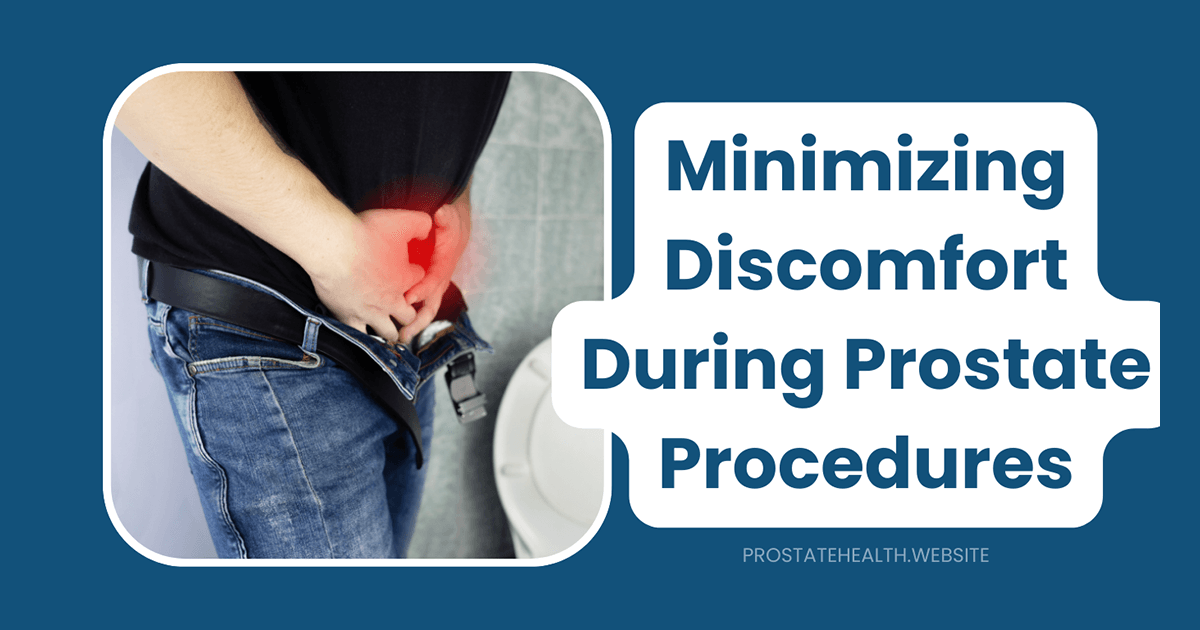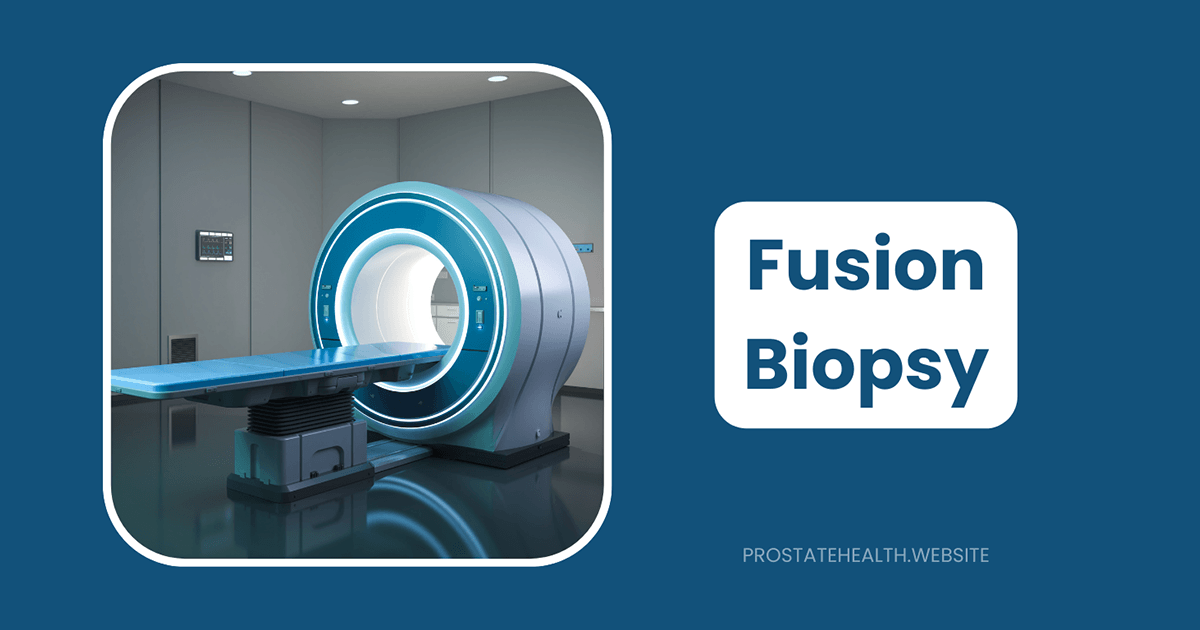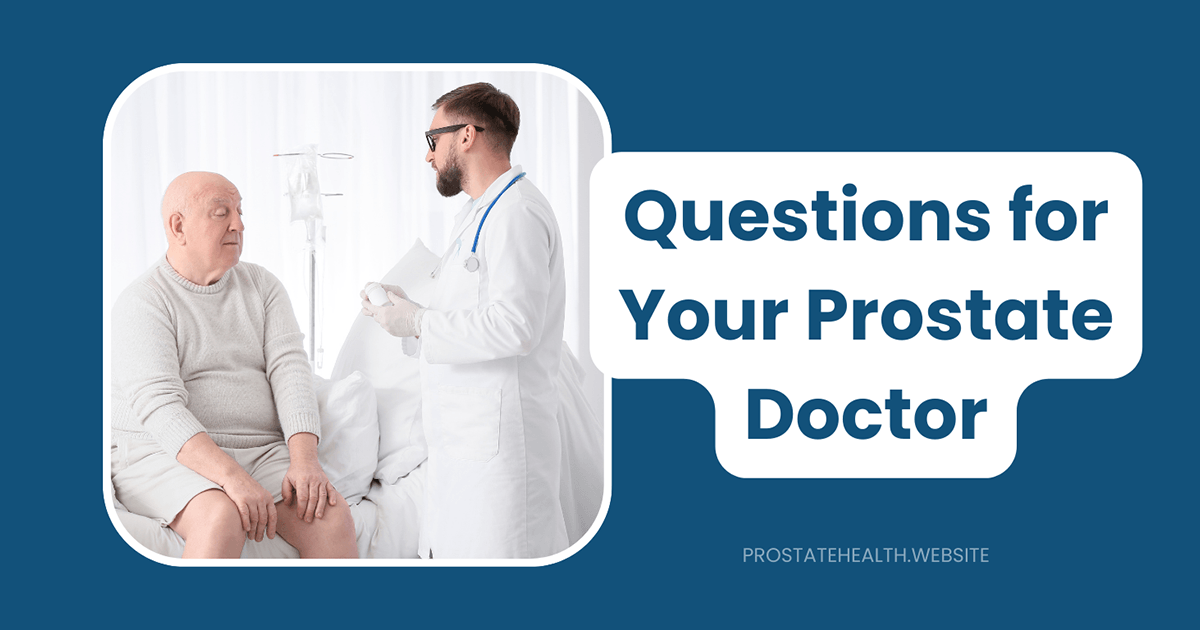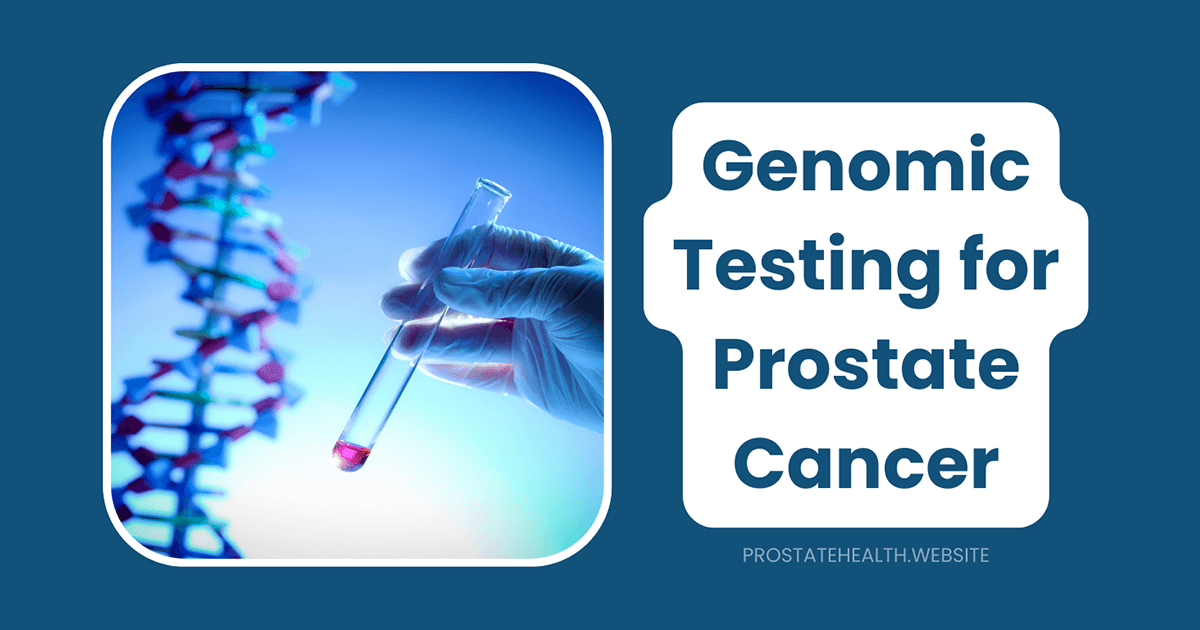Emotional Coping Strategies After a Prostate Cancer Diagnosis
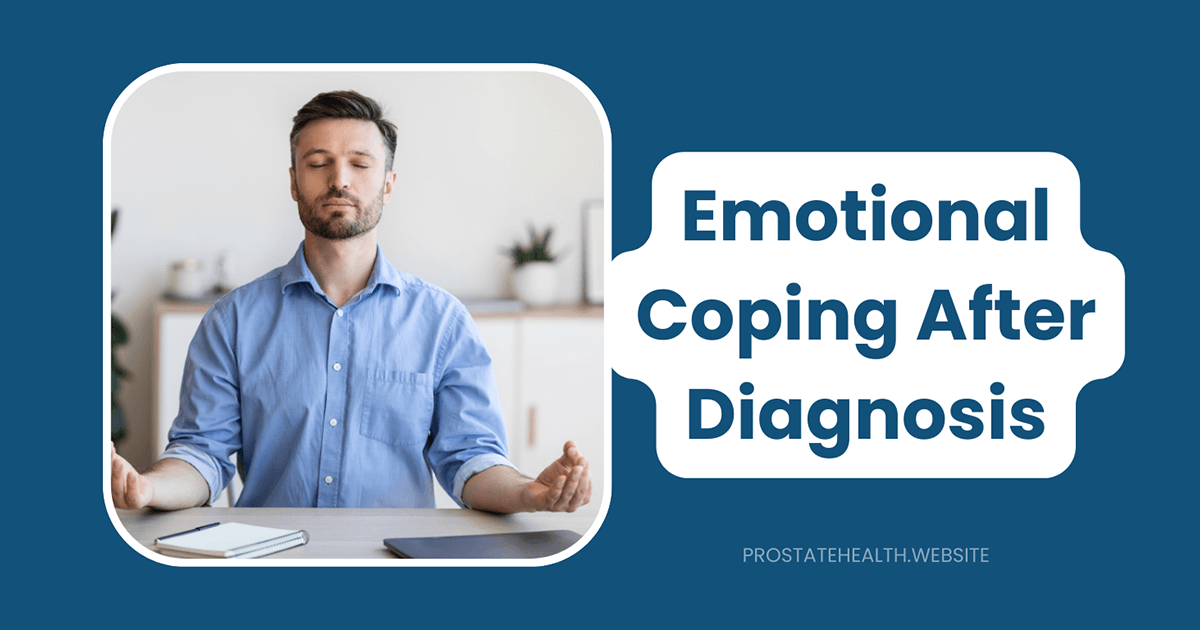
Receiving a prostate cancer diagnosis can feel like the ground has suddenly shifted beneath your feet. In an instant, your world changes, and you’re faced with a storm of emotions that can be overwhelming. You’re not alone in this experience – with 313,780 new cases of prostate cancer expected in 2025, thousands of men are navigating this same emotional terrain right alongside you.
The psychological impact of a prostate cancer diagnosis is profound and deserves as much attention as the physical aspects of treatment. This guide offers practical emotional coping strategies to help you navigate this challenging journey with resilience and hope.
The Emotional Rollercoaster: What to Expect
When that diagnosis lands, it’s completely normal to experience a whirlwind of emotions:
- Shock and disbelief: “This can’t be happening to me.”
- Fear and anxiety: Worries about treatment, survival, and what comes next.
- Anger: At the situation, your body, or even the timing of it all.
- Sadness or depression: Grieving the life you had before diagnosis.
- Guilt: Concerns about being a burden to loved ones.
- Isolation: Feeling that no one truly understands what you’re going through.
Research shows that nearly half of all cancer patients report experiencing anxiety, with about 25% dealing with significant levels of distress. These emotions aren’t signs of weakness – they’re natural human responses to a life-altering event.
Immediate Coping Strategies for the Newly Diagnosed
1. Give Yourself Permission to Feel
The first step in emotional coping is acknowledging your feelings without judgment. Men are often conditioned to “stay strong” or “tough it out,” but suppressing emotions can actually increase psychological distress. Instead:
- Name your emotions: Simply identifying what you’re feeling can reduce its intensity.
- Journal your thoughts: Writing provides a private outlet for processing complex feelings.
- Allow for grief: A cancer diagnosis represents a loss of certainty and requires a grieving process.
2. Gather Information Thoughtfully
Knowledge is power, but information overload can increase anxiety. Consider:
- Bringing someone to appointments to help absorb and process information.
- Taking notes during medical consultations.
- Asking your doctor for recommended resources rather than falling down internet rabbit holes.
- Learning about treatment options for prostate cancer from reliable sources.
3. Practice Grounding Techniques
When anxiety spikes, these techniques can help bring you back to the present moment:
- Deep breathing: Inhale slowly for a count of 4, hold for 2, exhale for 6.
- 5-4-3-2-1 exercise: Name 5 things you can see, 4 things you can touch, 3 things you can hear, 2 things you can smell, and 1 thing you can taste.
- Progressive muscle relaxation: Tense and then release each muscle group in your body.
Building Your Support Network
No man is an island, especially during cancer treatment. Research consistently shows that social support improves both psychological outcomes and survival rates for cancer patients.
1. Communicate with Loved Ones
Talking about cancer can be difficult, but open communication prevents misunderstandings and strengthens relationships:
- Be honest about your needs: Whether it’s practical help or just someone to listen.
- Set boundaries: It’s okay to limit cancer conversations when you need a break.
- Consider couples counseling: A 2025 study showed that prostate cancer significantly impacts relationships, and professional guidance can help navigate these changes.
2. Connect with Others Who Understand
There’s unique comfort in talking with someone who’s walked in your shoes:
- Join a support group: UsTOO Support Groups offer both in-person and virtual options.
- Consider one-on-one peer support: Programs like Malecare connect you with trained survivors.
- Explore online communities: Find a forum for prostate cancer patients that provides 24/7 support from men at all stages of the journey.
3. Work with Mental Health Professionals
Don’t hesitate to seek professional support:
- Oncology social workers specialize in helping cancer patients navigate emotional challenges.
- Psychologists and therapists can provide evidence-based treatments like Cognitive Behavioral Therapy (CBT), which has been shown to significantly improve quality of life for cancer patients.
- Psychiatrists can help manage clinical depression or anxiety if needed.
Daily Practices for Emotional Wellbeing
Small daily habits can have a powerful cumulative effect on your emotional resilience.
1. Move Your Body
Physical activity isn’t just good for your body – it’s powerful medicine for your mind:
- Aim for 30 minutes of moderate activity most days, even if it’s just walking.
- Try gentle yoga or tai chi for mind-body benefits.
- Remember that any movement counts – even gardening or household chores.
Studies show that regular exercise can reduce anxiety and depression symptoms by up to 30% in cancer patients.
2. Nourish Your Mind
Mental self-care practices build psychological resilience:
- Meditation and mindfulness: Even 5-10 minutes daily can reduce stress hormones.
- Gratitude practice: Daily noting of three things you’re grateful for shifts focus from what’s wrong to what’s right.
- Creative expression: Art, music, writing, or other creative outlets provide emotional release.
3. Maintain Routine and Purpose
Cancer can make life feel out of control. Establishing structure helps:
- Keep a regular sleep schedule to support emotional regulation.
- Set small, achievable daily goals to maintain a sense of accomplishment.
- Engage in meaningful activities that remind you that you’re more than your diagnosis.
Long-Term Emotional Management
As you move through treatment and beyond, your emotional needs will evolve.
1. Address Fear of Recurrence
Fear of cancer returning is one of the most common long-term emotional challenges. A January 2025 study found that 32.1% of prostate cancer survivors experience severe fear of recurrence, which significantly impacts quality of life. Strategies include:
- Acknowledging the fear as normal rather than trying to suppress it.
- Developing a “worry schedule” – setting aside specific time to process concerns rather than letting them intrude constantly.
- Creating a follow-up care plan with your doctor to address surveillance and what symptoms might warrant concern.
2. Redefine Your Relationship with Masculinity
Prostate cancer and its treatments can affect sexual function, urinary continence, and other aspects traditionally tied to masculine identity:
- Explore broader definitions of what it means to be a man beyond physical functions.
- Connect with resources for sexual health after prostate cancer.
- Consider how this experience might actually strengthen certain aspects of your identity, such as resilience or emotional depth.
3. Find Meaning in the Experience
Many cancer survivors report post-traumatic growth – positive psychological changes that occur as a result of struggling with challenging life circumstances:
- Consider how your priorities have shifted in valuable ways.
- Look for opportunities to help others through mentoring or advocacy.
- Appreciate the deeper connections that may have formed during your cancer journey.
When to Seek Additional Help
While emotional distress is normal after a cancer diagnosis, sometimes it requires professional intervention. Seek help if you experience:
- Persistent feelings of hopelessness lasting more than two weeks
- Thoughts of suicide or feeling that life isn’t worth living
- Inability to perform daily activities due to emotional distress
- Using alcohol or drugs to cope with emotions
- Significant relationship problems resulting from emotional changes
Resources like the ZERO360 Helpline (1-844-244-1309) provide free emotional support and resource navigation.
The Path Forward
The emotional journey after a prostate cancer diagnosis isn’t linear. There will be good days and difficult ones. Progress might look like two steps forward and one step back. But with intentional coping strategies and support, many men find they not only survive this challenge but develop new strengths and deeper connections along the way.
Remember that attending to your emotional health isn’t secondary to your physical treatment – it’s an essential component of your overall healing process. By acknowledging your feelings, building support networks, and practicing daily emotional wellness habits, you’re giving yourself the best chance at not just surviving prostate cancer, but living well throughout the journey.


